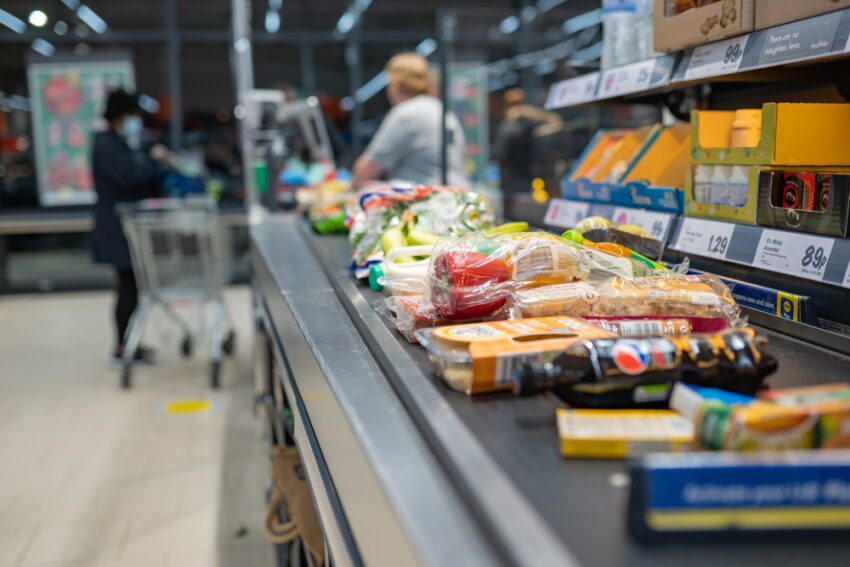UK businesses increased their prices for goods and services at the slowest pace in almost two years in March, according to the Lloyds Bank UK Sector Tracker, indicating UK inflation was likely to ease further in the coming months.
The Tracker’s measure of price inflation across UK manufacturing and services sectors fell from 62.2 in February to 58.9 in March. This was its lowest level since April 2021, and the largest month-on-month decline since April 2020. A reading on the Tracker above 50.0 indicates price inflation, while a reading below 50.0 indicates price deflation.
Of the 14 sectors monitored by the Tracker, 11 registered softer rises in output prices compared to ten in February. Manufacturers of technology equipment and automobiles posted the fastest deceleration in price rises. Firms in these sectors indicated their ability to slow the pace of price increases was supported by improved supply conditions and weaker rises in their own input costs.
Notably, the Tracker’s Suppliers’ Delivery Times Index – a measure of supply chain performance – rose to its highest level since records began in 1992 in March, as respondents reported better raw material availability. Mentions of ‘material shortages’ by manufacturers surveyed by the Tracker fell to the lowest level since July 2020.
The Tracker’s measure of input cost inflation across UK manufacturing and services sectors also dropped to its lowest level in nearly two years. Of the 14 sectors monitored, ten saw drops in their Input Prices Index in March, with two sectors, household product and chemical manufacturers, seeing overall price deflation.
Food and drink manufacturing bucked this trend in March, seeing input costs rise amid an increase in food prices.
The slowing in price pressures came as nine of 14 sectors saw output expand compared to 11 in February.
The sectors with the strongest growth were software and services and tourism and recreation. The former benefitted from a renewed rise in demand in March, with new orders for the sector hitting an eleven-month high. Strong activity in the latter follows a recent surge in holiday bookings, albeit new orders fell in March suggesting that demand had lost some momentum.
Jeavon Lolay, Head of Economics and Market Insight at Lloyds Bank Corporate & Institutional Banking, said: “Our report shows a significant downward shift in price trends after a run of elevated, and accelerating, inflation. If businesses’ input cost and supply pressures continue to weaken, this should see consumer price inflation slow – as firms increasingly adjust prices based on the demand for their goods and services.
“However, the food and drink sector continued to face cost headwinds, indicating that food price inflation is likely to remain high in the coming months. Not only will this likely tighten the purse strings for many households, it will also generally leave less for spending on more discretionary purchases.”
Scott Barton, Managing Director, Lloyds Bank Corporate & Institutional Banking, added: “March’s data suggests that many sectors feel they have more leeway – or are under more pressure from customers – to slow the prices they charge for their goods or services. Management teams will need to be mindful on setting prices that will maintain or grow demand, and that will support cashflow and margins.
“In what are still uncertain conditions, having heightened oversight of operational metrics and keeping focus on working capital will be key – ensuring that businesses can confidently make the changes and investment they need to stay competitive and resilient.”


